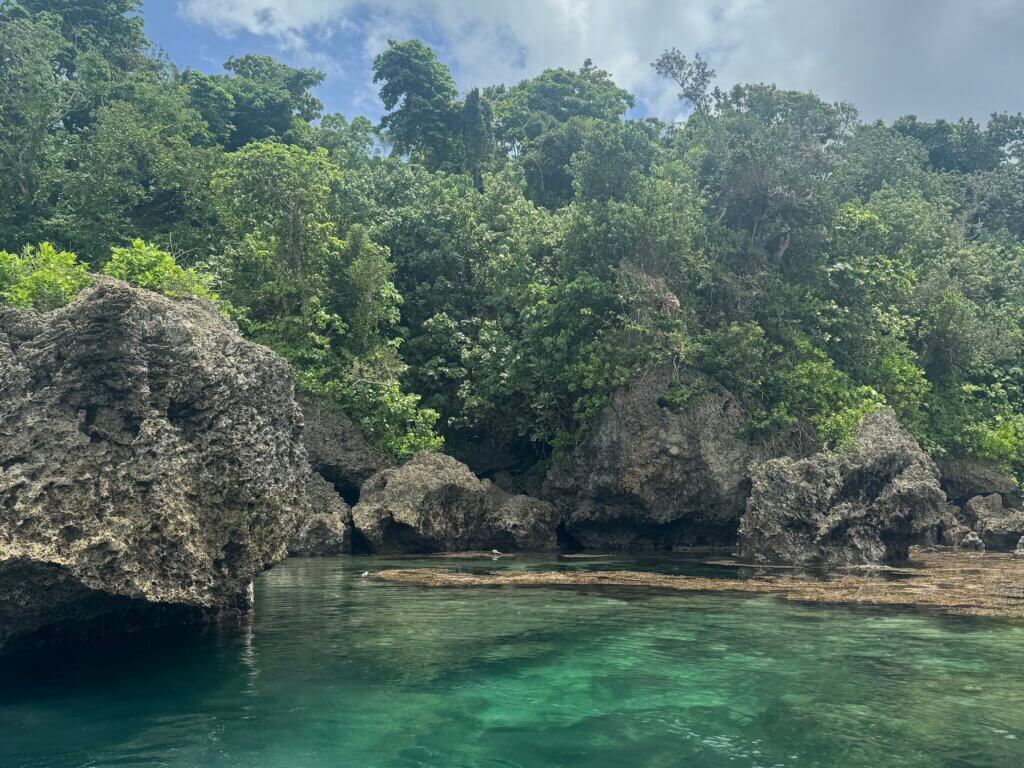
Magpopongko Rocks, Siargao, Philippines 2024
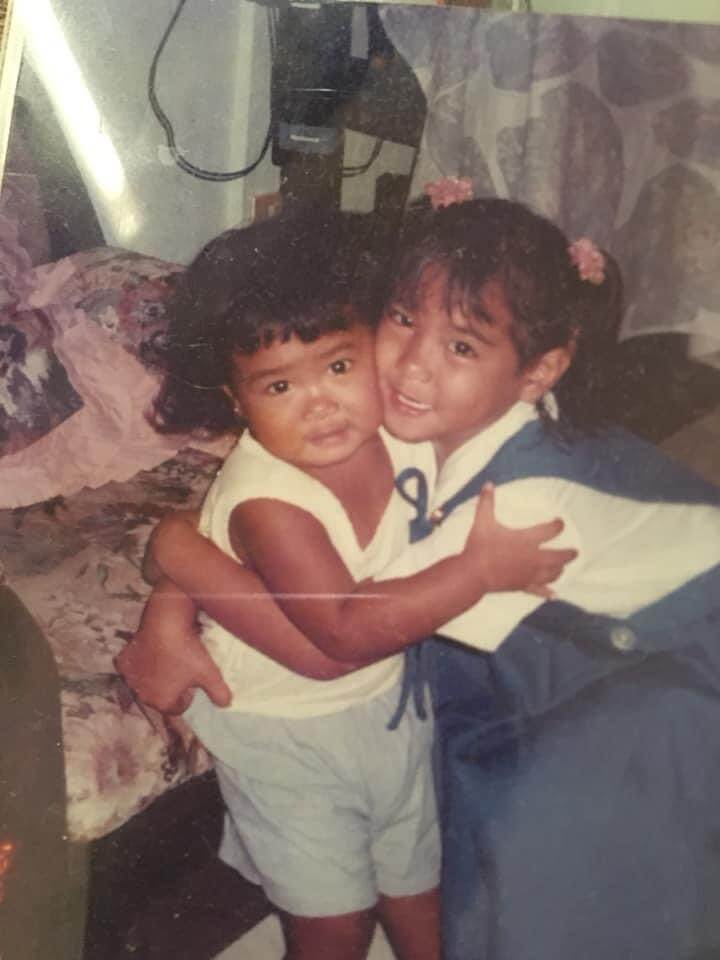
If you had told me five years ago—fresh out of undergrad and pre-pandemic little ‘ole me—that I would have the opportunity to reflect on my childhood and reminisce of what led me to become more environmentally mindful, I would have felt a sense of relief. I was born and raised in the Philippines with my parents and little sister. At six years old, we immigrated to the United States, and suddenly, the world felt much larger and more complex.
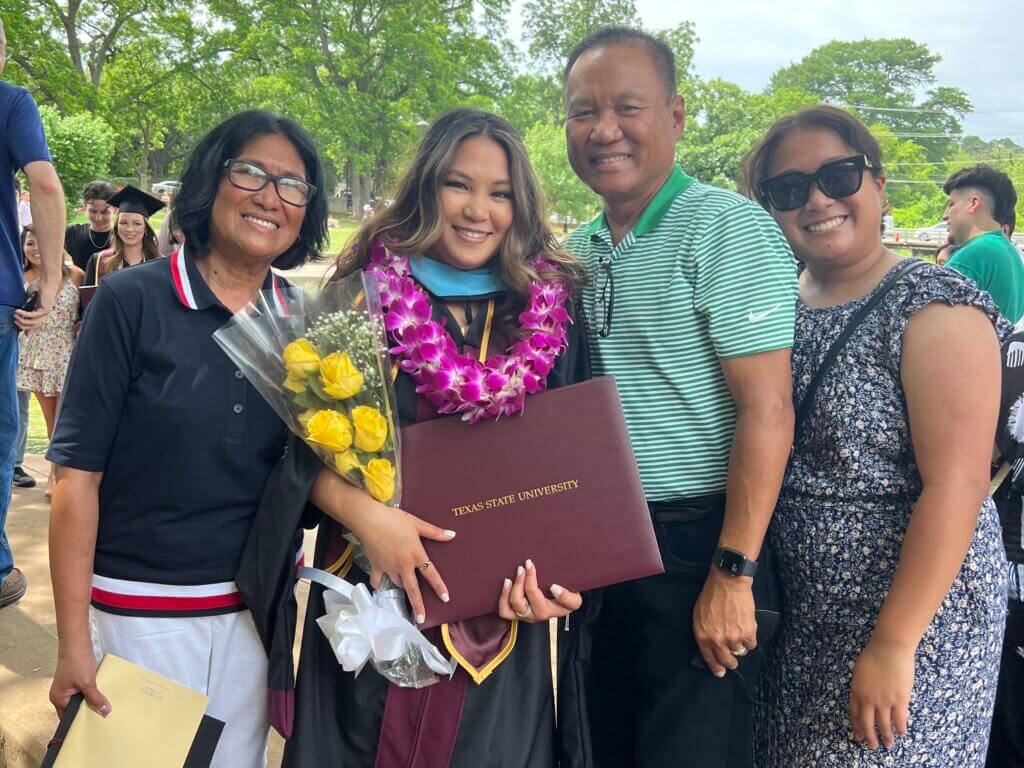
Growing up, I didn’t have access to resources on climate change and sustainability. When we moved to the Inland Empire, one of the worst ozone pollution areas in the United States and a hub for warehouses, environmental education was practically nonexistent. However, my parents taught us all the basic environmentally friendly actions: not to litter, to separate plastics from cans, to use reusable towels instead of paper towels, and not to leave the water on too long when washing dishes, and many more. These practices shaped my way of thinking about small ways to be more eco-conscious.
Thinking back on my public education, I recall the lack of trees covering the field area, the processed lunch options, and the limited canopies in the lunch area, with none elsewhere on campus. I couldn’t help but wonder how this would affect my health over the years and how it might lead to someone being environmentally wary. It was only when I moved to San Marcos, Texas, for grad school that I realized how much being surrounded by a lake and a campus full of greenery could positively affect someone’s mental health.
I recently visited the Philippines and felt an immense wave of appreciation, as I do whenever I visit home. Despite it being the rainy season, the weather seemed hotter than ever, the sky was browner, and trash was piling up in residential areas more than ever. People there just seemed to accept that this is how things will be. Although the disparities between the locals’ experiences and mine are now different, I realized that this once could have been mine as well. I became aware of my privilege in being able to understand and address these issues, while the people living in these areas might not have the same resources. I felt extra grateful, knowing that even though I no longer live in the Philippines, I am still an advocate for environmental literacy and hope that one day, this work will reach the children and the systems they are part of.
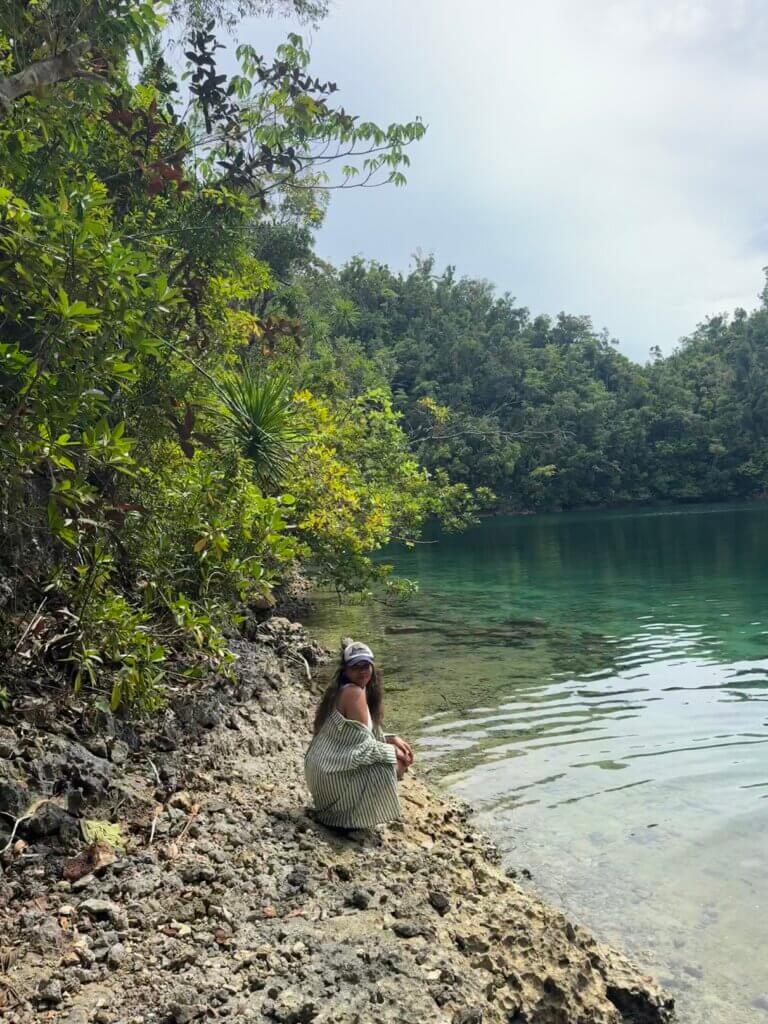
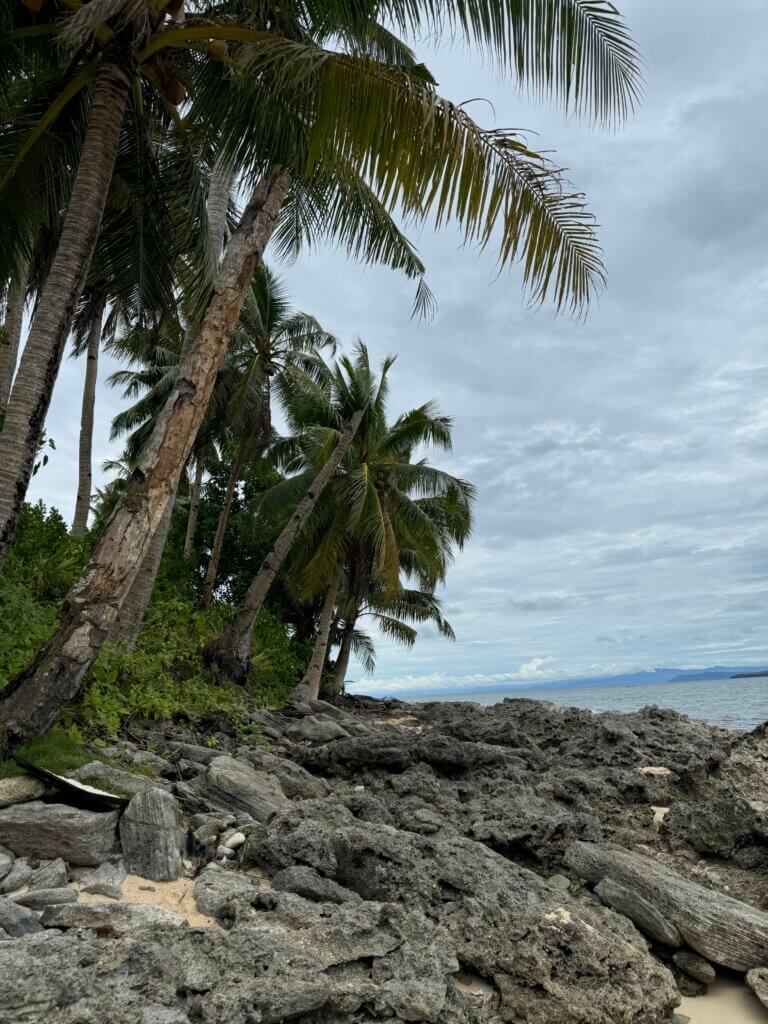
Siargao Island, Philippines 2024
As our lives have adapted to a new normal in the last couple of years, I have found myself more conscious of my time on this Earth—not in a dark way, of course, but in a way that makes me appreciate my 6 a.m. morning walks with my dog, the privilege of opportunity to travel and visit the beaches I onced saved on my Pinterest board, and most importantly, being able to work with a passionate group of people that values creating systemic change for the children in the future.

Bogota and Cartagena, Colombia 2023
Working at Ten Strands has only deepened my curiosity and desire to find ways to take care of our beautiful Earth. As I continue fulfilling my dreams of exploring new beaches and cultural foods while advocating for environmental preservation, I will always feel a connection to my roots in the Philippines. This connection reminds me of the beauty and fragility of the place I will always call home.

